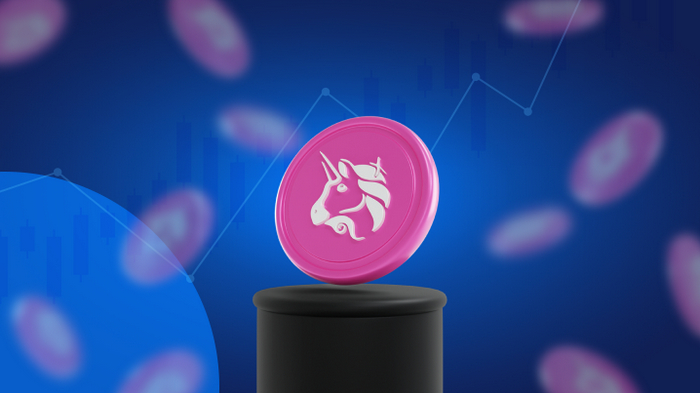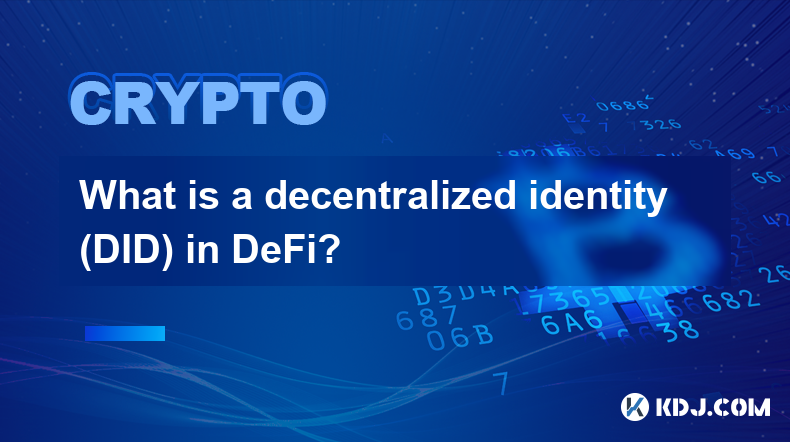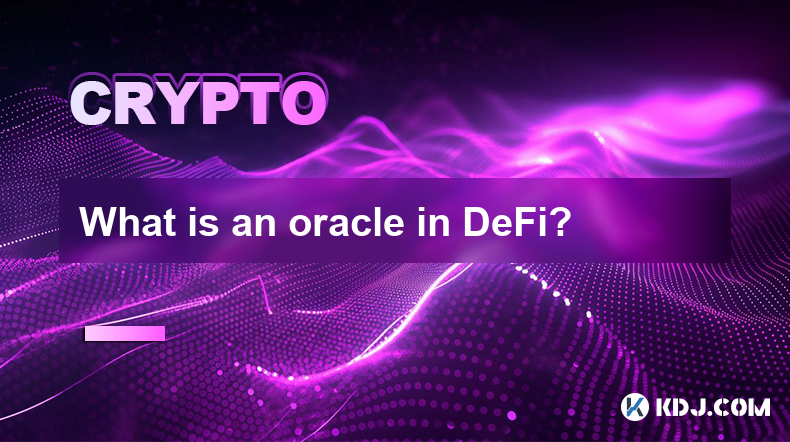-
 Bitcoin
Bitcoin $83,581.5964
-1.31% -
 Ethereum
Ethereum $1,827.0061
-2.95% -
 Tether USDt
Tether USDt $0.9998
0.00% -
 XRP
XRP $2.0572
-2.12% -
 BNB
BNB $600.6352
-0.50% -
 Solana
Solana $120.4741
-3.43% -
 USDC
USDC $0.9998
0.00% -
 Dogecoin
Dogecoin $0.1664
-3.04% -
 Cardano
Cardano $0.6531
-2.78% -
 TRON
TRON $0.2370
-0.47% -
 Toncoin
Toncoin $3.7850
-5.03% -
 Chainlink
Chainlink $13.2476
-3.86% -
 UNUS SED LEO
UNUS SED LEO $9.3960
-0.18% -
 Stellar
Stellar $0.2662
-1.01% -
 Sui
Sui $2.4099
1.77% -
 Avalanche
Avalanche $18.7876
-2.88% -
 Shiba Inu
Shiba Inu $0.0...01237
-0.55% -
 Hedera
Hedera $0.1663
-0.15% -
 Polkadot
Polkadot $4.0579
-1.23% -
 Litecoin
Litecoin $83.8022
0.76% -
 MANTRA
MANTRA $6.3807
2.55% -
 Bitcoin Cash
Bitcoin Cash $304.1581
-0.61% -
 Bitget Token
Bitget Token $4.5514
-1.22% -
 Dai
Dai $1.0000
0.01% -
 Ethena USDe
Ethena USDe $0.9999
0.00% -
 Pi
Pi $0.6648
-3.97% -
 Hyperliquid
Hyperliquid $12.4497
-5.55% -
 Monero
Monero $214.6449
-2.17% -
 Uniswap
Uniswap $6.0261
-2.31% -
 Aptos
Aptos $5.2625
-0.45%
Which country issued UNI coins? Is UNI coin worth hoarding for a long time?
The value of UNI coins is determined by market forces such as utility, competition, market sentiment, and historical performance.
Sep 30, 2024 at 06:11 pm

1. Which Country Issued UNI Coins?
UNI coins are the native cryptocurrency of the Uniswap decentralized finance (DeFi) platform. Uniswap is a global platform, and its UNI coin is not issued by any specific country.
2. Is UNI Coin Worth Hoarding for a Long Time?
The value of any cryptocurrency, including UNI, is highly volatile and subject to market forces. While UNI has the potential to be a long-term investment, there are factors to consider:
a. Utility: UNI is used for governance on the Uniswap platform, giving holders voting rights on protocol updates and future development. The demand for UNI is driven by the platform's growth and usage.
b. Competition: DeFi is a rapidly evolving industry with numerous competitors. Uniswap faces competition from other decentralized exchanges (DEXes) and centralized platforms.
c. Market Sentiment: The cryptocurrency market is influenced by external factors such as regulatory changes, economic conditions, and investor confidence. These factors can impact the price of UNI.
d. Historical Performance: UNI has a significant historical return since its launch in September 2020. However, past performance does not guarantee future results.
Conclusion:
Whether or not UNI coin is worth holding for a long time is a complex question. The potential long-term value of UNI depends on the continued growth and adoption of the Uniswap platform, the regulatory landscape, and overall market sentiment. Investors should carefully consider these factors and conduct their own research before making an investment decision.
Disclaimer:info@kdj.com
The information provided is not trading advice. kdj.com does not assume any responsibility for any investments made based on the information provided in this article. Cryptocurrencies are highly volatile and it is highly recommended that you invest with caution after thorough research!
If you believe that the content used on this website infringes your copyright, please contact us immediately (info@kdj.com) and we will delete it promptly.
- RUVI AI Revolutionizes AI Accessibility with Blockchain Power
- 2025-04-03 11:15:12
- Fidelity Investments Introduces an IRA That Permits Investors to Buy Bitcoin, Ether, and Litecoin
- 2025-04-03 11:15:12
- Whale Alert Detects a Large Bitcoin Transfer Involving 1050 BTC from Binance to an Unknown Wallet
- 2025-04-03 11:10:12
- Democratic Lawmakers Ask US Securities Regulator to Preserve Records of President Trump's Crypto Venture
- 2025-04-03 11:10:12
- Curve Finance Notches Record-Breaking Trading Volumes of Nearly $35 Billion in the First Quarter of 2025
- 2025-04-03 11:05:13
- Coinlist restarts US operations after five-year hiatus
- 2025-04-03 11:05:13
Related knowledge

What is a decentralized identity (DID) in DeFi?
Mar 23,2025 at 11:57am
Key Points:Decentralized Identifiers (DIDs) offer a self-sovereign approach to digital identity management, crucial for DeFi's privacy and security needs.DIDs operate independently of centralized authorities, empowering users with control over their data.Integrating DIDs into DeFi applications enhances user privacy, reduces reliance on intermediaries, a...

What does "composability" mean in DeFi?
Mar 14,2025 at 12:36pm
Key Points:Composability in DeFi refers to the ability of different decentralized finance (DeFi) protocols to interact and combine seamlessly, creating novel financial products and services.This interoperability is a core tenet of the DeFi ecosystem, fostering innovation and efficiency.Understanding composability requires exploring its mechanisms, benef...

What is token economics in DeFi?
Mar 14,2025 at 03:20am
Key Points:Token economics in DeFi defines how tokens are used to incentivize and govern decentralized finance (DeFi) protocols.It encompasses token utility, distribution mechanisms, and economic models designed to ensure sustainability and growth.Understanding token economics is crucial for evaluating the long-term viability and potential risks of DeFi...

How are transaction fees calculated in DeFi?
Mar 14,2025 at 04:25am
Key Points:DeFi transaction fees vary significantly depending on the specific protocol, network congestion, and the complexity of the transaction.Gas fees, a crucial component, are paid in the native token of the blockchain (e.g., ETH on Ethereum).Factors influencing gas fees include the type of transaction, data size, and network demand.Protocols often...

What is an oracle in DeFi?
Mar 22,2025 at 06:50am
Key Points:Oracles bridge the gap between on-chain and off-chain data in DeFi, providing real-world information to smart contracts.Different oracle types exist, each with its own strengths and weaknesses, including centralized, decentralized, and hybrid oracles.Security and reliability are crucial concerns for oracles, as vulnerabilities can lead to sig...

What is a cross-chain bridge? What is its role in DeFi?
Mar 14,2025 at 10:00am
Key Points:Cross-chain bridges facilitate the transfer of assets between different blockchains.They are crucial for DeFi's interoperability, allowing users to access diverse applications and liquidity pools across various networks.Several types of cross-chain bridges exist, each with its own security and scalability trade-offs.Understanding the risks as...

What is a decentralized identity (DID) in DeFi?
Mar 23,2025 at 11:57am
Key Points:Decentralized Identifiers (DIDs) offer a self-sovereign approach to digital identity management, crucial for DeFi's privacy and security needs.DIDs operate independently of centralized authorities, empowering users with control over their data.Integrating DIDs into DeFi applications enhances user privacy, reduces reliance on intermediaries, a...

What does "composability" mean in DeFi?
Mar 14,2025 at 12:36pm
Key Points:Composability in DeFi refers to the ability of different decentralized finance (DeFi) protocols to interact and combine seamlessly, creating novel financial products and services.This interoperability is a core tenet of the DeFi ecosystem, fostering innovation and efficiency.Understanding composability requires exploring its mechanisms, benef...

What is token economics in DeFi?
Mar 14,2025 at 03:20am
Key Points:Token economics in DeFi defines how tokens are used to incentivize and govern decentralized finance (DeFi) protocols.It encompasses token utility, distribution mechanisms, and economic models designed to ensure sustainability and growth.Understanding token economics is crucial for evaluating the long-term viability and potential risks of DeFi...

How are transaction fees calculated in DeFi?
Mar 14,2025 at 04:25am
Key Points:DeFi transaction fees vary significantly depending on the specific protocol, network congestion, and the complexity of the transaction.Gas fees, a crucial component, are paid in the native token of the blockchain (e.g., ETH on Ethereum).Factors influencing gas fees include the type of transaction, data size, and network demand.Protocols often...

What is an oracle in DeFi?
Mar 22,2025 at 06:50am
Key Points:Oracles bridge the gap between on-chain and off-chain data in DeFi, providing real-world information to smart contracts.Different oracle types exist, each with its own strengths and weaknesses, including centralized, decentralized, and hybrid oracles.Security and reliability are crucial concerns for oracles, as vulnerabilities can lead to sig...

What is a cross-chain bridge? What is its role in DeFi?
Mar 14,2025 at 10:00am
Key Points:Cross-chain bridges facilitate the transfer of assets between different blockchains.They are crucial for DeFi's interoperability, allowing users to access diverse applications and liquidity pools across various networks.Several types of cross-chain bridges exist, each with its own security and scalability trade-offs.Understanding the risks as...
See all articles
























































































